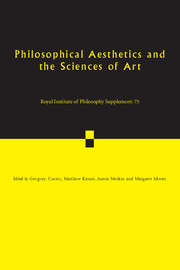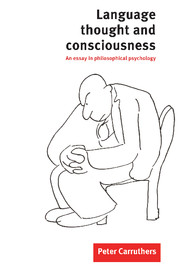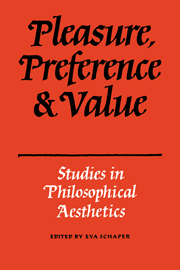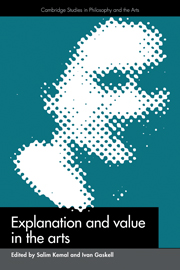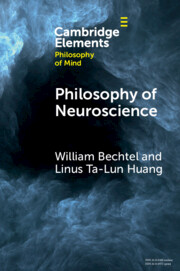Philosophical Aesthetics and the Sciences of Art
Musical listening, looking at paintings and literary creation are activities that involve perceptual and cognitive activity and so are of interest to psychologists and other scientists of the mind. What sorts of interest should philosophers of the arts take in scientific approaches to such issues? Opinion currently ranges across a spectrum, with 'take no notice' at one end and 'abandon traditional philosophical methods' at the other. This collection of essays, originating in a Royal Institute of Philosophy conference at the Leeds Art Gallery in 2012, represents many of the most interesting positions along that spectrum. Contributions address issues concerning aesthetic testimony, the processing and appreciation of poetry, the aesthetics of disgust, imagination, genre, evolutionary constraints on art appreciation, creativity, musical cognition and the limitations or productiveness of empirical enquiry for philosophical aesthetics.
- Addresses important questions concerning the role of empirical inquiry in philosophical aesthetics
- Contains essays from a number of distinguished philosophers
- Based on the Royal Institute of Philosophy's conference in 2012
Product details
February 2015Paperback
9781107654587
272 pages
228 × 152 × 11 mm
0.39kg
Available
Table of Contents
- Introduction
- 1. Aesthetic autonomy and self-aggrandisement Jon Robson
- 2. The verse-line as a whole unit in working memory, ease of processing, and the aesthetic effects of form Nigel Fabb
- 3. Aesthetic disgust? Jenefer Robinson
- 4. The development of imaginative cognition Deena Skolnick Weisberg
- 5. The epistemology of fiction and the question of invariant norms Jonathan Gilmore
- 6. Explanations: aesthetic and scientific Shen-Yi Liao
- 7. Against nature? or, confessions of a Darwinian modernist Murray Smith
- 8. Mixed motivations: creativity as a virtue Berys Gaut
- 9. Creativity, virtue and the challenges from natural talent, ill-being and immorality Matthew Kieran
- 10. Music and cognitive science Roger Scruton
- 11. Aesthetics as a normative science Gordon Graham.

